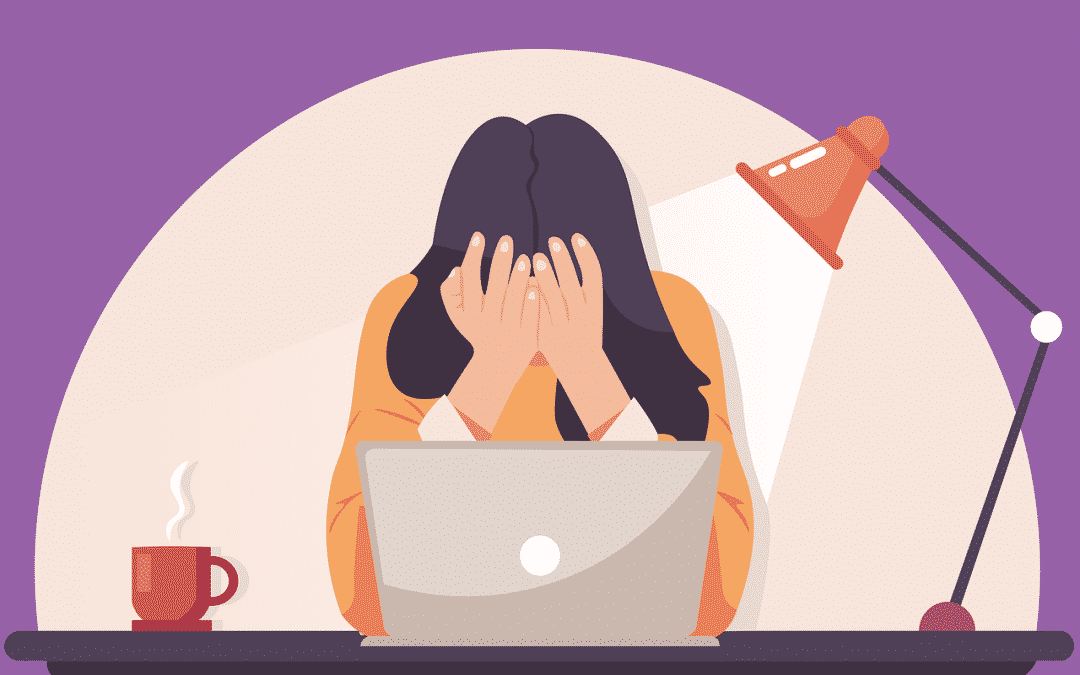Work-Related Stress: How to Stay Calm, Focused, and Healthy
Work-related stress affects countless people, and when the pressure builds, it can impact your health, happiness, and productivity. Understanding how to manage work-related stress early helps you stay mentally strong, physically healthy, and emotionally balanced. This guide walks you through proven ways to recognize stress, handle it effectively, and protect your long-term well-being.
Understanding Work-Related Stress
Work-related stress can come from heavy workloads, tight deadlines, difficult teams, job uncertainty, or a lack of control over daily expectations. Although you cannot always eliminate stress completely, you can take smart steps to handle it successfully. When you learn how to manage stress, your productivity increases and your overall health improves. It also becomes easier to stay organized, focused, and confident in your career.
Identify What Triggers Your Stress
Different people are affected by stress in different ways, so the first step is identifying what triggers you. You can track the events, tasks, or individuals that cause you to feel overwhelmed. As you take notes, look for physical signs like tension, headaches, or impatience, as well as emotional signs such as frustration or worry. Once your triggers become clear, you can begin building a more effective plan to manage them.
Address Stress Triggers Early
Once you recognize what causes your work-related stress, you can make intentional adjustments. For instance, if commuting is overwhelming, you might explore adjusted work hours or relocating closer to work. When workload pressure is the trigger, you can request better task organization or clearer expectations. Although you cannot solve every workplace challenge, adjusting the parts you can control makes a major difference.
Manage Your Time Effectively
Managing your time wisely is one of the most powerful solutions for reducing stress. When deadlines are tight, anxiety rises quickly. Creating a daily plan, breaking your responsibilities into smaller tasks, and setting realistic timeframes helps you stay balanced. If you know a project will require more time, asking for an adjusted deadline is healthier than rushing and feeling overwhelmed. Good time management also prevents burnout and improves performance.
Prioritize Tasks Based on Importance
A productive way to control work-related stress is to focus on the most important tasks first. When easy tasks are completed before essential ones, you may run out of time later in the day. This increases stress and reduces your overall effectiveness. Prioritizing correctly helps you stay organized, improves workflow, and reduces unnecessary pressure. It also builds confidence as you stay ahead of your demanding responsibilities.
Create a Strong Work-Life Balance
A healthy work-life balance allows you to protect both your professional and personal well-being. When work becomes all-consuming, stress naturally increases. By separating work time from family time and personal time, you create space for rest, connection, and recovery. Even small habits—such as stepping away from emails after work hours—can significantly reduce stress and improve your quality of life.
Take Breaks Throughout the Day
Breaks help reset your mind, prevent burnout, and sharpen your focus. Even brief breaks, such as five minutes of stretching, breathing, or moving around, reduce stress. Longer breaks during lunch or downtime help you return to work refreshed and more productive. Regular breaks also support your long-term health by lowering tension and giving your mind time to rest.
Find a Healthy Outlet or Hobby
Hobbies provide emotional release and help your mind disconnect from workplace pressures. Activities such as walking, listening to music, exercising, cooking, reading, or spending time outdoors can dramatically improve your mood. A hobby does not need to be complex—what matters is that it brings you joy and helps relieve stress naturally.
Stay Connected and Seek Help When Needed
Talking about work-related stress with trusted friends, colleagues, or family can help you process your emotions and gain perspective. Sometimes, simply sharing what you feel reduces the pressure. If stress becomes overwhelming, speaking with a therapist or counselor can offer life-changing support. Many health insurance plans cover mental-health services, which makes professional guidance more accessible.
Use Your Health Insurance Benefits Smartly
If stress impacts your health, using your insurance benefits for preventative care can help you manage symptoms early. Regular checkups, mental-health services, and wellness programs are often included in many plans. For help comparing affordable options, explore Vivna health insurance plans, life insurance options, and supplemental coverage that support long-term well-being.
FAQ — Work-Related Stress
What is work-related stress?
Work-related stress happens when job demands exceed your ability to cope or stay balanced. It may involve deadlines, heavy workloads, conflict, or uncertainty.
How can I reduce work-related stress quickly?
You can take short breaks, practice deep breathing, organize your to-do list, and refocus on one task at a time. These small steps help you stay grounded.
Does work-related stress affect physical health?
Yes. Stress can impact blood pressure, sleep, mood, and overall energy. Managing stress early protects your long-term heart and mental health.
When should I seek professional help?
If stress affects your sleep, mood, relationships, or focus, speaking with a therapist or medical professional is a helpful next step.
Contact Us
If work-related stress is impacting your health, having reliable insurance gives you peace of mind. Vivna Insurance can help you compare health insurance, life insurance, and supplemental plan options that support your personal and financial stability.
Call us today at 888-730-6001 or visit our Contact Us page to get started.
Get a Free Quote

